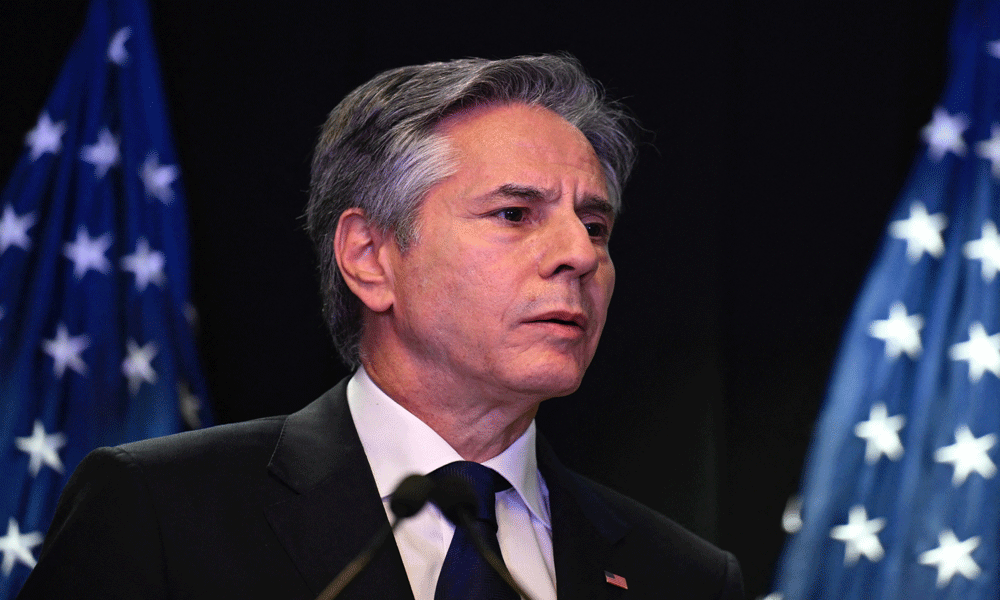Analysis of Ceasefire Negotiations Between Hamas and Israel
US Secretary of State’s Perspective
US Secretary of State Antony Blinken has offered insights into the ongoing ceasefire negotiations between Hamas and Israel, highlighting the complexities and challenges involved.
Blinken emphasized the importance of Hamas accepting a ceasefire deal, framing it as a logical choice for the group considering the humanitarian situation in Gaza. However, he noted the uncertainty surrounding Hamas’s motivations, suggesting that factors beyond humanitarian concerns may be influencing their decisions.
The Secretary of State pointed out the difficulty of negotiating with Hamas, an organization classified as a terrorist group by the US. He highlighted the indirect engagement with Hamas through intermediaries like Egypt and Qatar and acknowledged the limited contact with the group’s leadership inside Gaza.
Blinken’s remarks come amid escalating tensions in the region, with Israel continuing its offensive despite ceasefire negotiations. He expressed concerns about Israel’s military operations in Gaza, urging the country to present a credible plan to protect civilians.
International Pressure and Regional Dynamics
The international community, including the US, has faced mounting criticism over the civilian casualties resulting from the conflict. Pressure is growing on Israel to exercise restraint and pursue peaceful solutions.
Additionally, Blinken’s discussions with Saudi Arabia’s Crown Prince Mohammed bin Salman shed light on efforts to promote normalization between Arab states and Israel. While Saudi Arabia desires progress in this regard, it remains committed to supporting a pathway to a Palestinian state, a stance that complicates negotiations.
Prospects for Peace
Blinken’s statements underscore the intricate nature of the conflict and the challenges inherent in achieving lasting peace. The ceasefire negotiations represent a critical opportunity for de-escalation, but they also highlight the deep-seated tensions and divergent interests of the parties involved.
Moving forward, the success of ceasefire efforts will depend on the willingness of Hamas and Israel to prioritize the well-being of civilians and engage constructively in dialogue. The international community, including the US and regional actors like Saudi Arabia, will continue to play a crucial role in facilitating negotiations and promoting stability in the region.















































